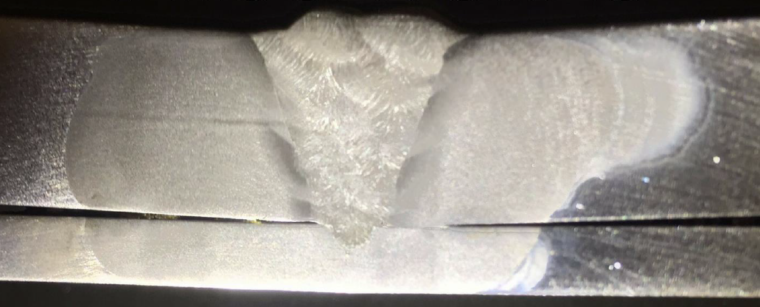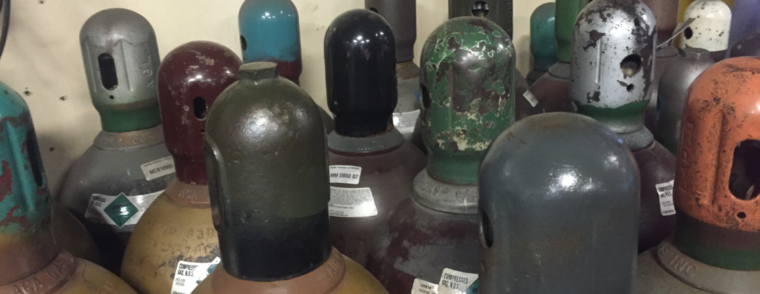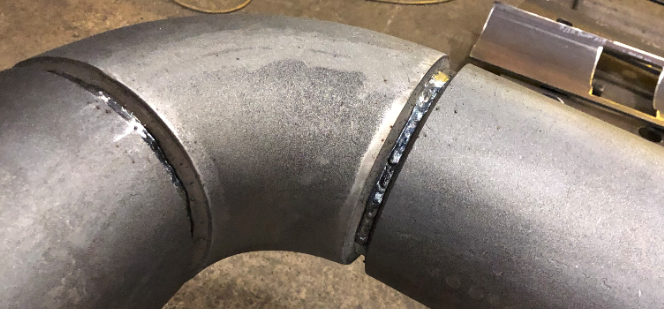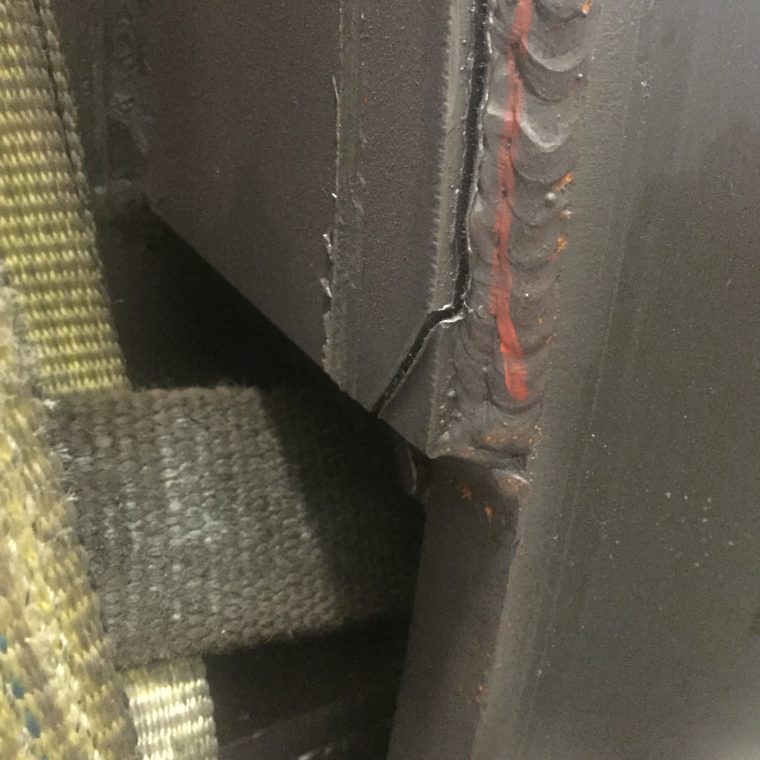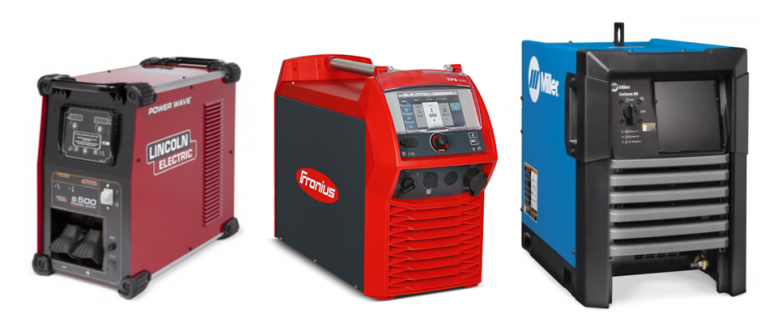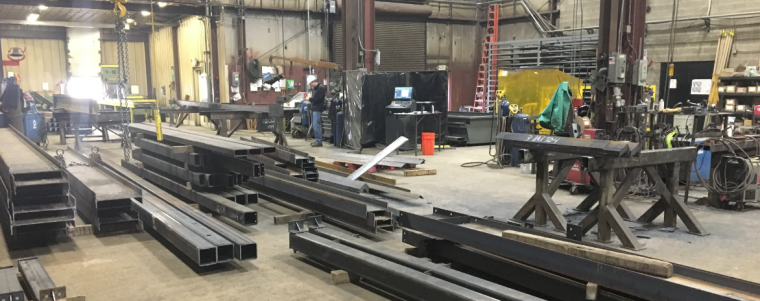How to Become a Certified Welding Inspector
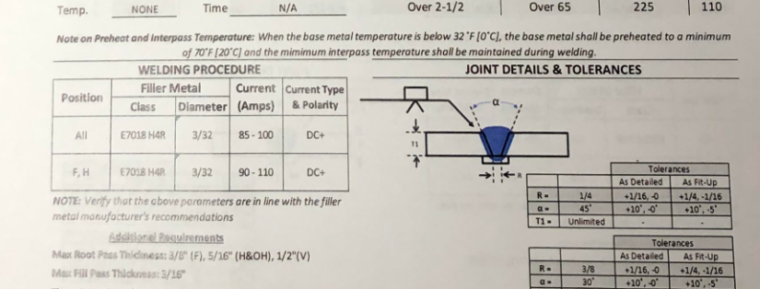
A career as a Certified Welding Inspector (CWI) can be very rewarding. This certification, which is awarded by the American Welding Society, carries a lot of weight both nationally and internationally. The main responsibilities of a CWI is to make sure that welding operations are manufacturing products that comply with specified welding codes and standards. CWIs essentially are expected […]

